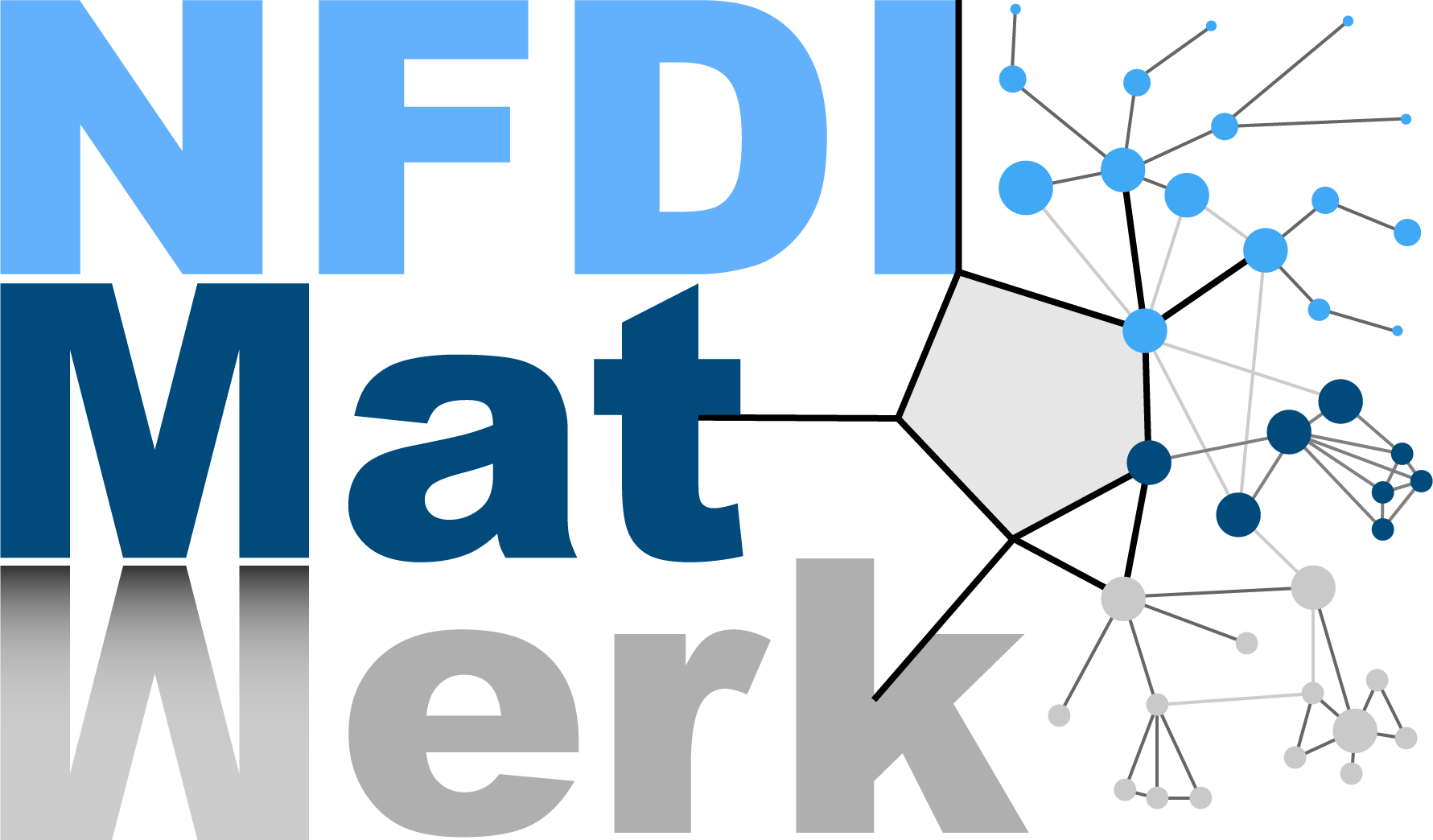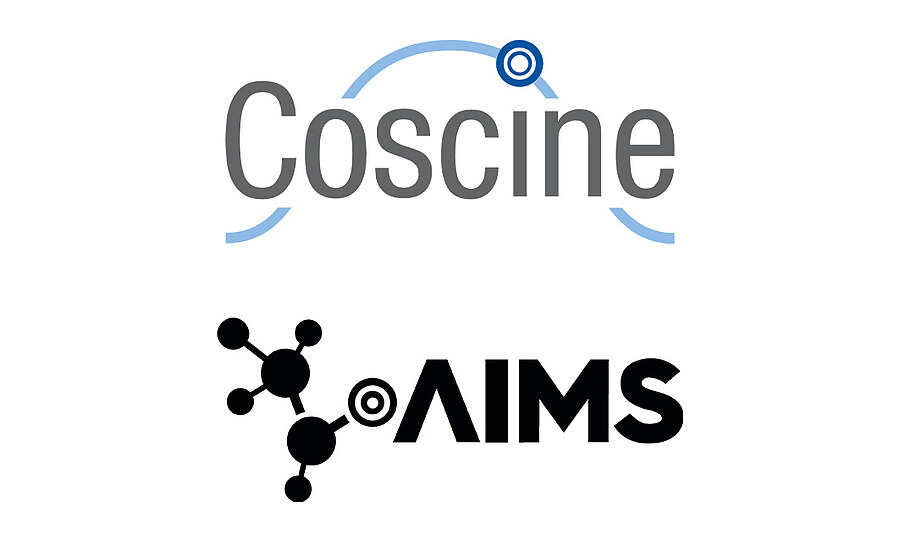
Further Software / Tools / Services
The following list of further software / tools / services provides an alphabetical overview listed by NFDI-MatWerk for the MSE community. Each item is labelled according to NFDI-MatWerk's contribution and the origin of its development.
A | B | C | D | E | F | G | H | I | J | K | L | M | N | O | P | Q | R | S | T | U | V | W | X | Y | Z
- Description: AIMS is a sub-service of Coscine. It offers you – as a researcher – the opportunity to create application profiles that help you to store suitable metadata for your research data in Coscine in accordance with the FAIR criteria. AIMS supports you in structuring and describing metadata for scientific data.
- Installation: not needed, it's online
- Starting with AIMS: Manual, Example, Explaining Video
- Adapted by NFDI-MatWerk: RWTH Aachen University, Technical University of Darmstadt
AIMsgb
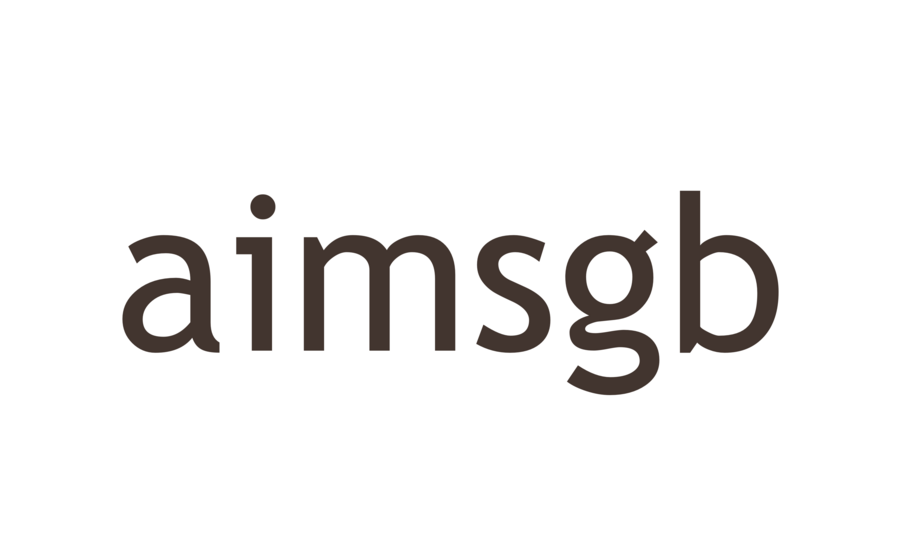
Click here for more
- Description: AIMsgb (Ab-initio Interface Materials Simulation Project for Grain Boundaries) is a Python-based software tool for generating periodic atomic models of grain boundary structures. It supports a range of crystal systems, including cubic and non-cubic lattices, and enables the construction of various types of grain boundaries—such as tilt and twist boundaries—based on parameters like the Σ-value, rotation axis, and grain boundary plane. AIMsgb can be used via a command-line interface or a web-based graphical interface and provides output files in formats suitable for atomistic simulations.
- Installation: Link or online GUI
- Starting with aimsgb: GUI examples, python examples
- Used by NFDI-MatWerk: more information coming soon
Atomic Simulation Environment

Click here for more
- Description: Atomic Simulation Environment (ASE) is a Python-based software library for setting up, executing, and analyzing atomistic simulations. It provides a flexible framework to define atomic structures, interface with a wide range of simulation codes (called calculators), and automate workflows in materials modeling. ASE is widely used in computational physics, chemistry, and materials science, particularly for simulations based on density functional theory (DFT) and molecular dynamics.
- Installation: Link
- Requirement: Python, NumPy, SciPy, matplotlib
- Starting with ASE: Tutorials
- GitLab: Link
- Used by NFDI-MatWerk: more informtion coming soon
atomman
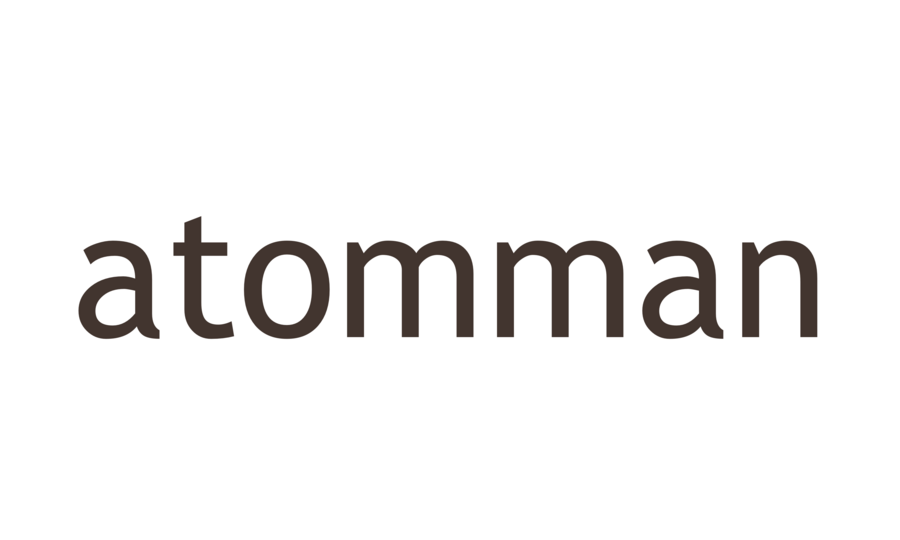
Click here for more
- Description: AtomMan is a Python library developed by NIST for constructing, manipulating, and analyzing large-scale atomic systems. It facilitates the design of atomistic simulations, including the creation and evaluation of crystalline defects, and integrates with LAMMPS for simulation execution and analysis .
- Installation: pip install atomman or conda install atomman -c conda-forge
- Requirement: Python 3.7+
- Starting with atomman: Tutorials, Documentation
- Used by NFDI-MatWerk: more infromation coming soon
APSuite
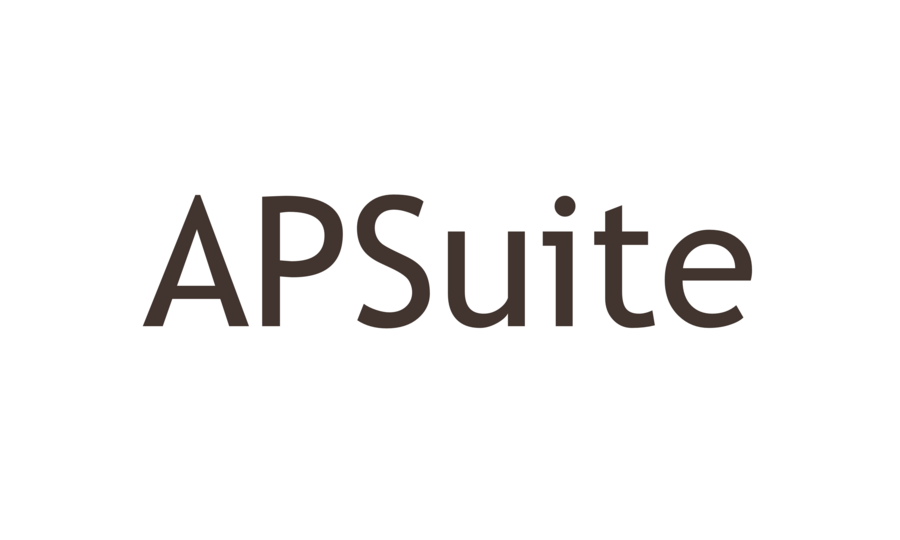
Click here for more
- Description: AP Suite 6 is a software platform developed by CAMECA for managing Atom Probe Tomography (APT) research projects. It integrates instrument control, data acquisition, and advanced analysis tools within a unified environment, enhancing workflow efficiency and collaboration among researchers.
- Installation: You can find the download link at the end of this webpage.
- Used by NFDI-MatWerk: IUC09 uses software that transcodes data from APSuite to an open data format that can be used by everybody
Calphy
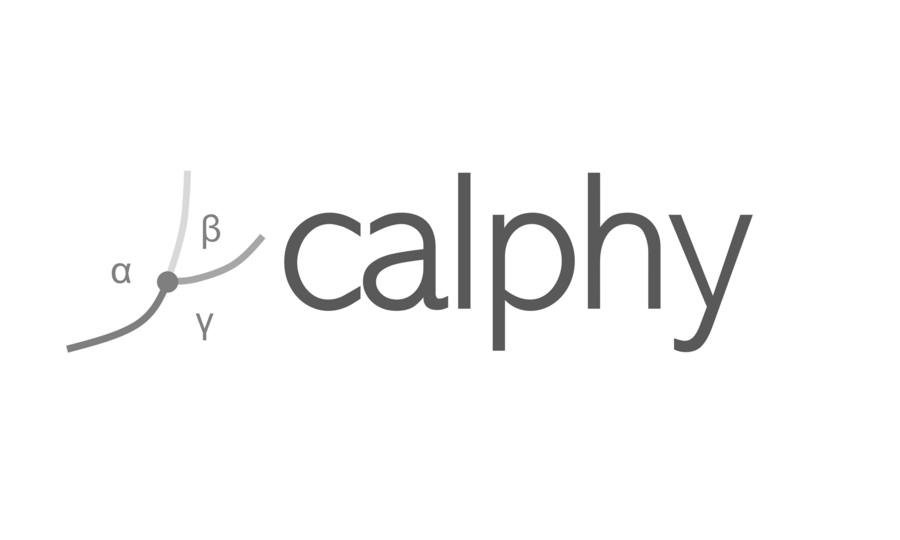
Click here for more
- Description: calphy is a Python library and command line tool for calculation of free energies. It uses LAMMPS as the molecular dynamics driver to enable calculation of free energies using thermodynamic integration in a completely automated and efficient manner.
- Installation: Link
- Requirement: Linux, MacOs or Linux-Subsystem for Windows
- Starting with calphy: Examples
- Adapted by NFDI-MatWerk: from Ruhr University Bochum
- Tags: #thermodynamics #MD
conda-forge
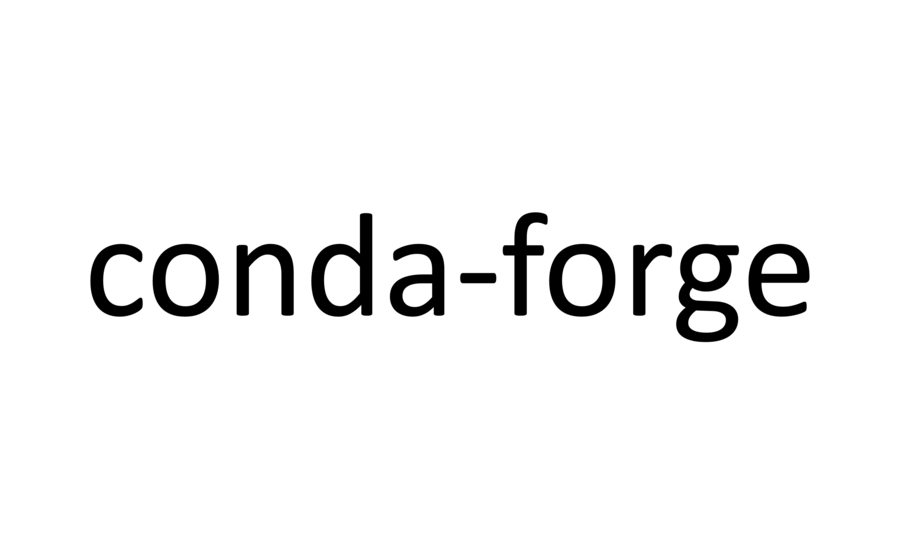
Click here for more
- Description: Community led collection of recipes, build infrastructure and distributions for the conda package manager
- GitHub repository: Link
DAMASK
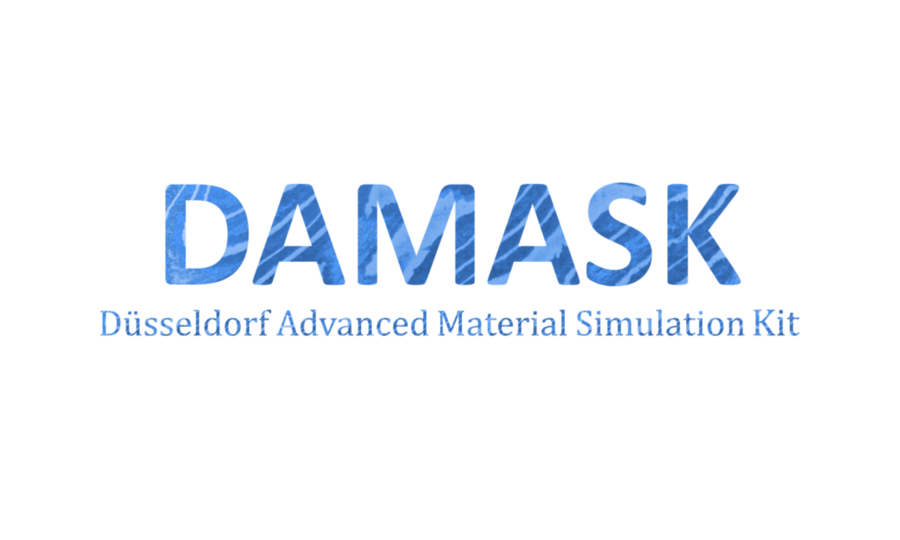
Click here for more
- DAMASK = Düsseldorf Advanced Material Simulation Kit
- Description: DAMASK is a unified multi-physics crystal plasticity simulation package.
- Installation: click here for more information
- Starting with DAMASK: Examples, Video-Tutorials
- Working with DAMASK: Versions
- Adapted by NFDI-MatWerk
Data Collection Explorer
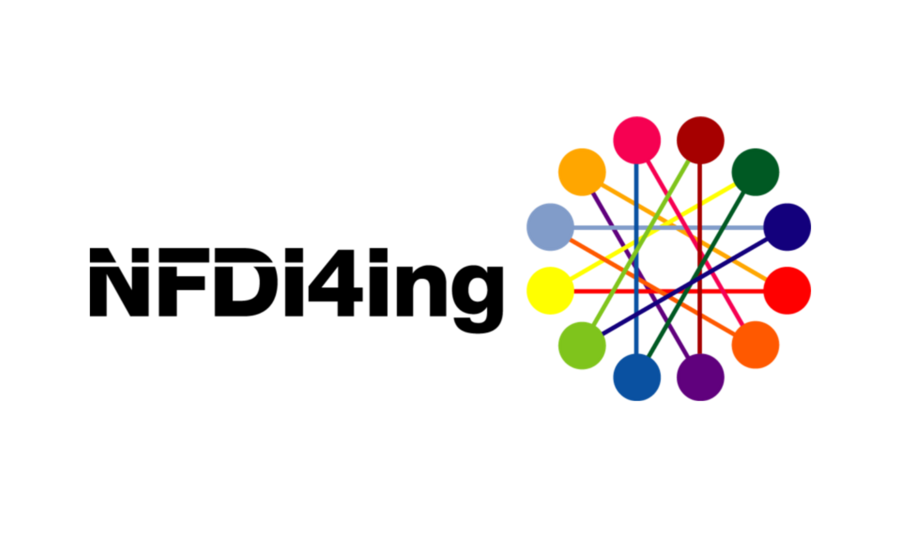
Click here for more
- Description: The Data Collections Explorer is an easy-to-use information system that provides an overview of research data repositories, archives, databases as well as individually published data sets. Locally installed and with an adapted user interface it supports publishing and discovering data sets within a community or project.
- Adapted by NFDI-MatWerk: from NFDI4Ing
- Tags: #Repositories #DataSets
Data Type Registry
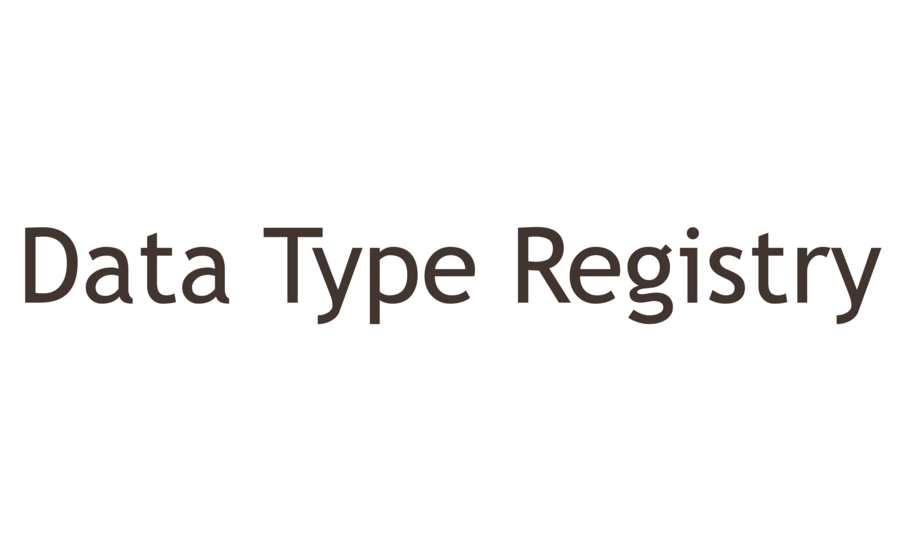
Click here for more
- Description: The TypeRegistry is an open-source platform that provides a structured and standardized way to define, share, and manage data types across different applications and domains. It enables interoperability by offering a common language for data modeling, making it easier to integrate and exchange information between systems.
- Installation: Cordra is needed first for installation; all information can be found here
eLabFTW
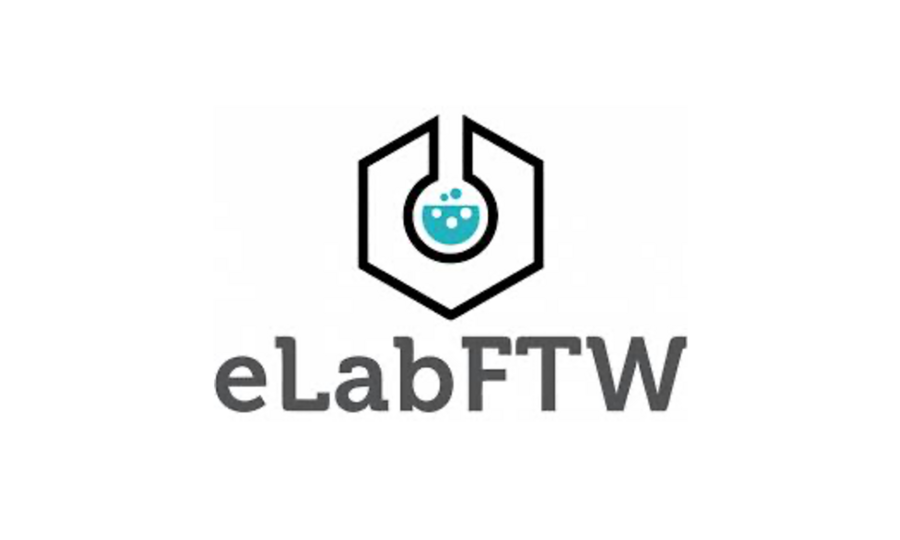
Click here for more
- More information coming soon
- Installation: on Linux (Link), on Windows/Mac (Link), on NAS (Link), in the cloud (Link)
- Starting with eLabFTW: User Guide, Admin Guide, Sysadmin Guide
- Adapted by NFDI-MatWerk
- Tags: #ELN
EVOKS
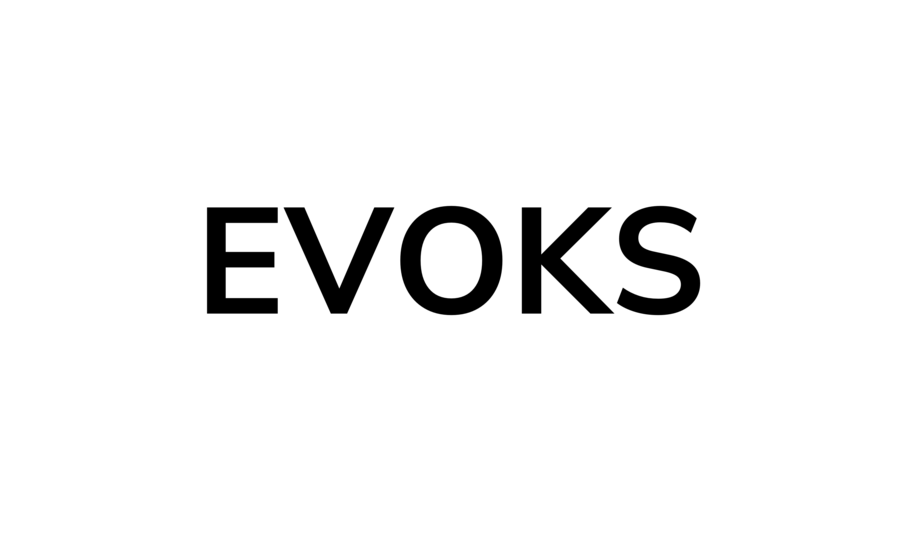
Click here for more
- Description: EVOKS (Editor for Vocabularies to Know Semantics) is a software for creating, editing, curating, and publishing SKOS vocabularies and thesauri.
- GitHub repository: Link
- Adopted by NFDI-MatWerk: from SFB980
FAIR-DO-Lab
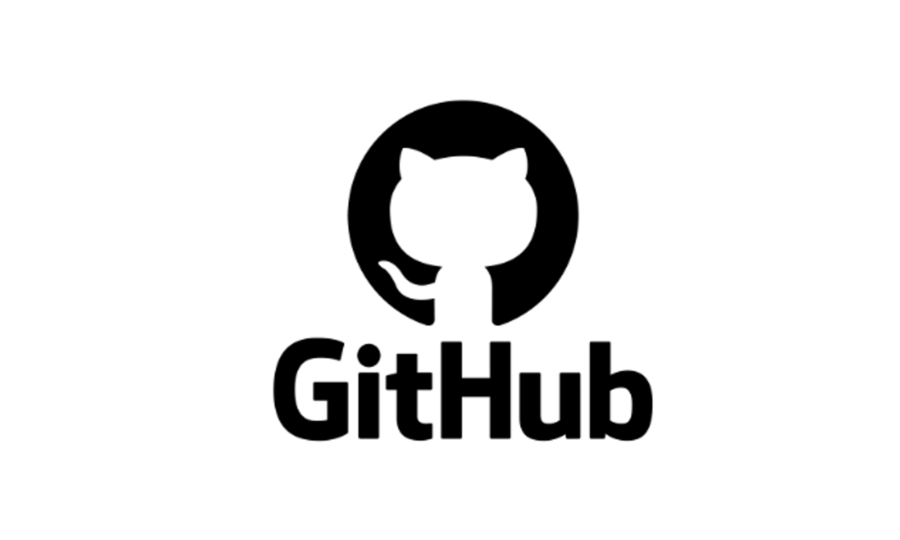
Click here for more
- Description: FAIR-DO-Lab is a customizable software stack to create your own FAIR Digital Object Lab. Allows creation, modification, and validation of FAIR DOs. This out-of-the-box infrastructure based on Docker allows to gain first experiences with FAIR DOs, either using real PIDs or with sandboxed PIDs for testing purposes.
- GitHub repository: Link
- Adapted by NFDI-MatWerk: Karlsruhe Institute of Technology
- Tags: #FAIR-DO
FAIR-DOscope
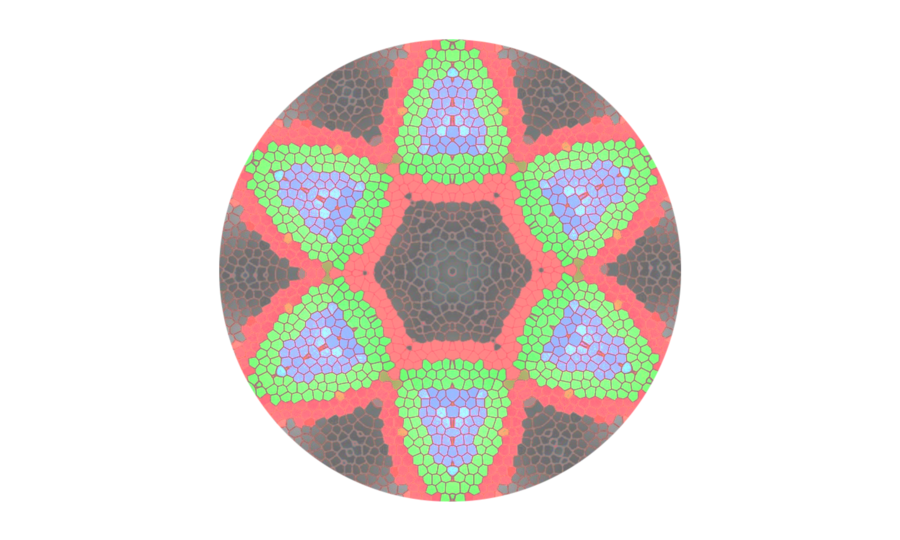
Click here for more
- Description: FAIR-DOscope is an easy-to-use, generic FAIR Digital Object viewer and browser accepting PIDs of FAIR DOs and presenting the associated PID record in a graphical and user-friendly way. It offers a tabular view of the contents of a PID record and a graphical representation of related FAIR DOs.
- GitHub repository: Link
- Adapted by NFDI-MatWerk: Karlsruhe Institute of Technology
- Tags: #FAIR-DO
Fourier Accelerated Nodal Solvers (FANS)
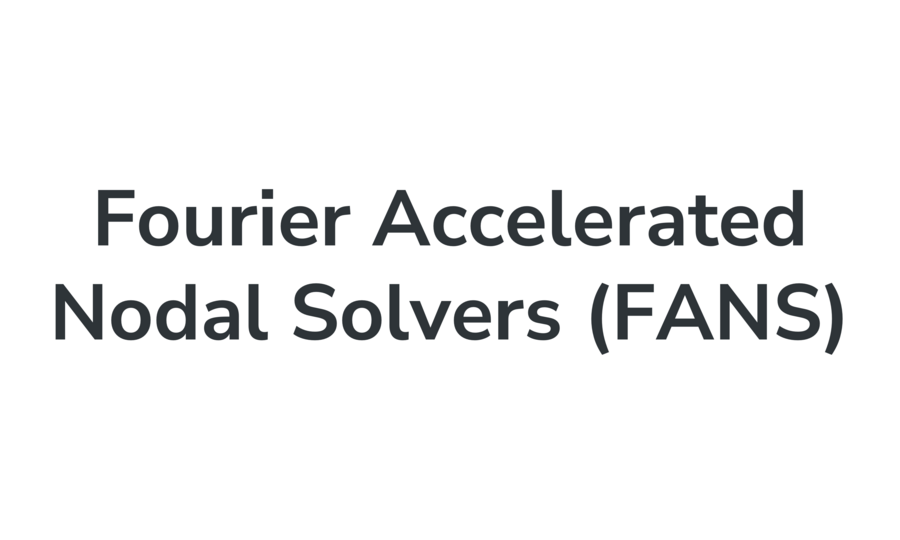
Click here for more
- Description: Fourier Accelerated Nodal Solvers (FANS) is an FFT-based homogenization solver designed to handle microscale multiphysics problems.
- Git Repository: Link
- Adapted by NFDI-MatWerk
GitHub

- Description: GitHub is a web-based platform for version control and collaborative software development, built around Git. It enables developers to manage repositories, track changes, collaborate on code, and automate workflows through features like pull requests, issues, and GitHub Actions.
- Link to GitHub: The individual GitHub links can be found next to each software tool in this list.
GitLab
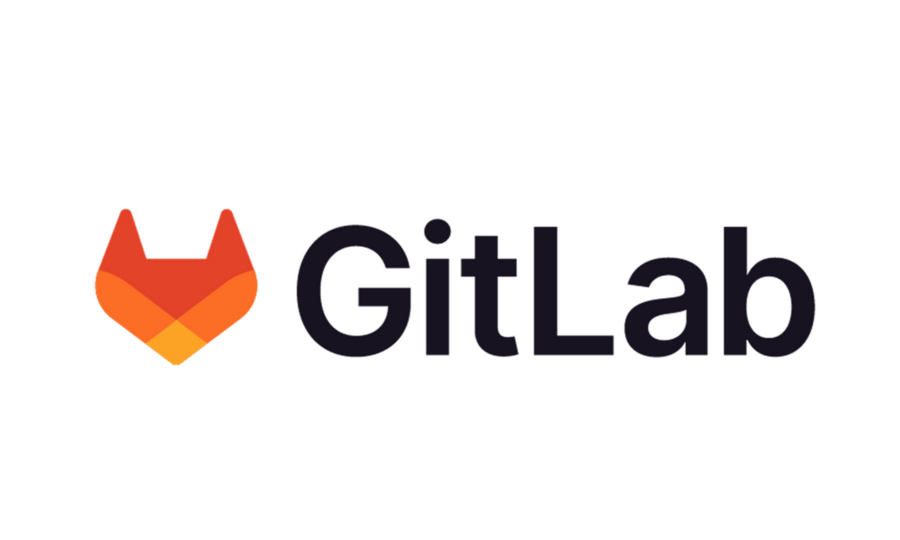
Click here for more
- Description: GitLab is a web-based platform for software development and operations that offers a complete set of tools for version control, collaboration, and automation.
- Access to NFDI-MatWerk GitLab: Link
JARDS
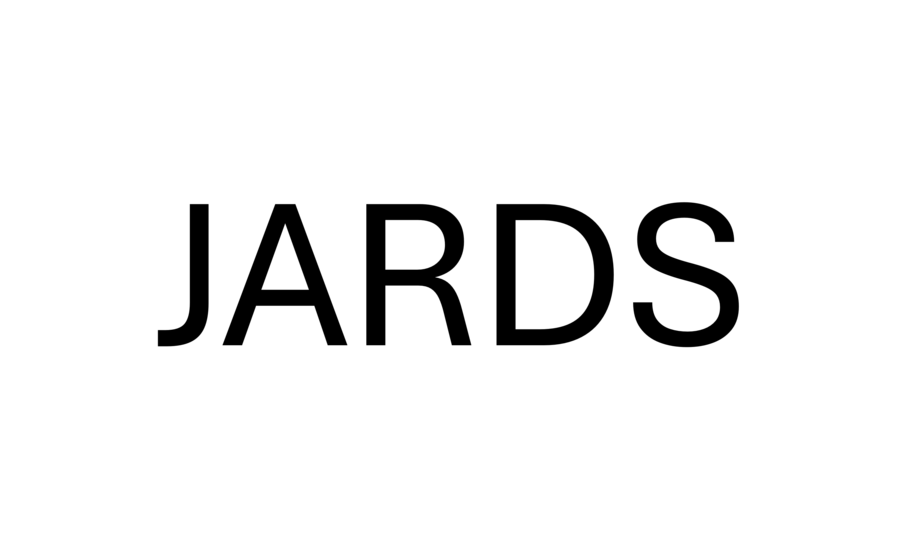
Click here for more
- Description: Allocation processes for HPC resources such as computing time or storage and data processing resources comprise complex workflows for different user groups, from the application to the assessment and implementation of HPC projects.
- Adpted by NFDI-MatWerk: Forschungszentrum Jülich GmbH, RWTH Aachen University
- Tags: #Applicationform
Jupyter Notebook
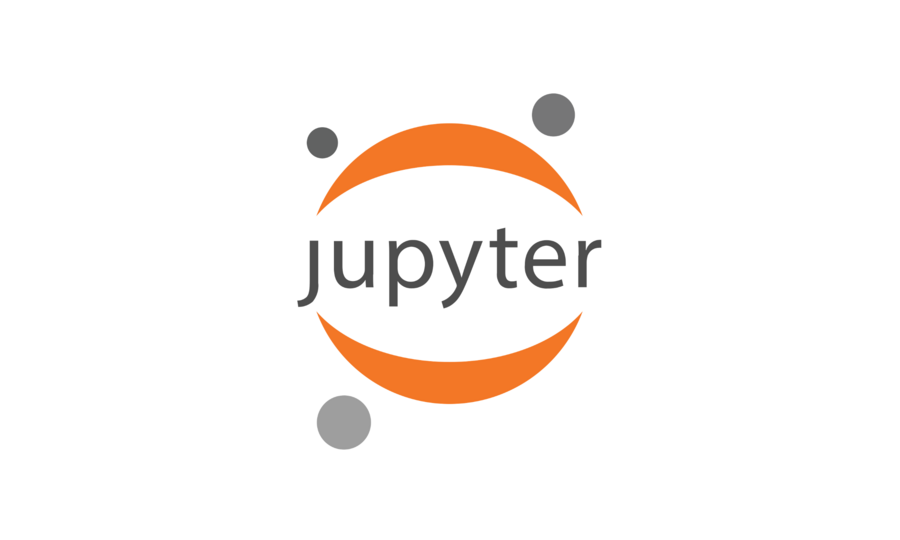
Click here for more
- Description: The Jupyter Notebook is a web application for creating and sharing computational documents. It offers a simple, streamlined, document-centric experience.
- Installation: online or installation
- Adapted by NFDI-MatWerk
Kadi4Mat
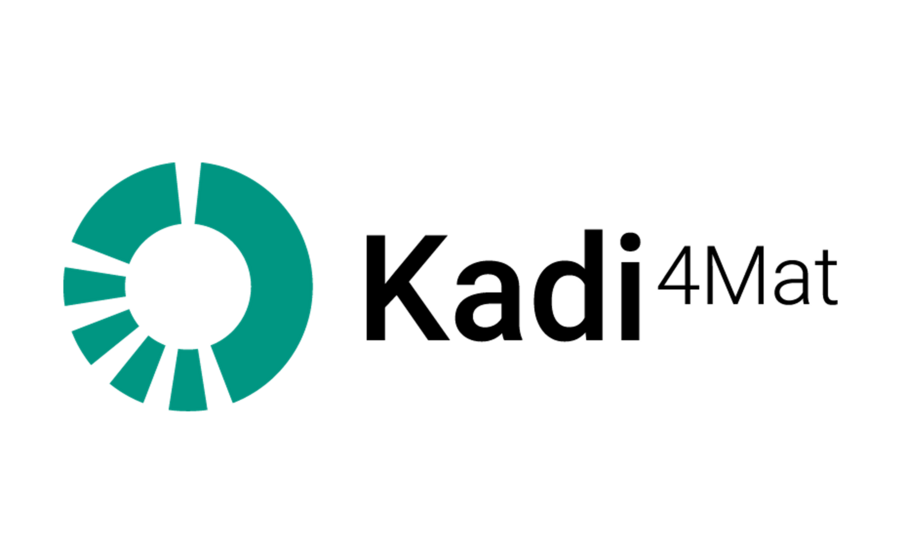
Click here for more
- Description: open source software for managing research data
- Installation: not needed, log in here for the demo version
- Requirement: GitLab or ORCID account
- Adapted by NFDI-MatWerk: Karlsruhe Institute for Technology
- Tags: #RDM
Kanapy
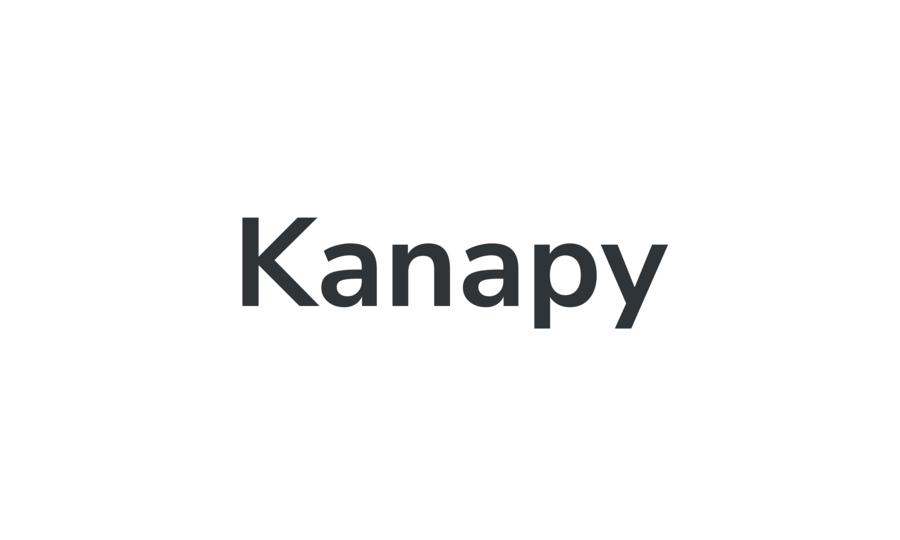
Click here for more
- Description: Kanapy is a python package for generating complex three-dimensional (3D) synthetic polycrystalline microstructures.
- Github Repository: Link
- Adapted by NFDI-MatWerk: from ICAMS
The Materials Project
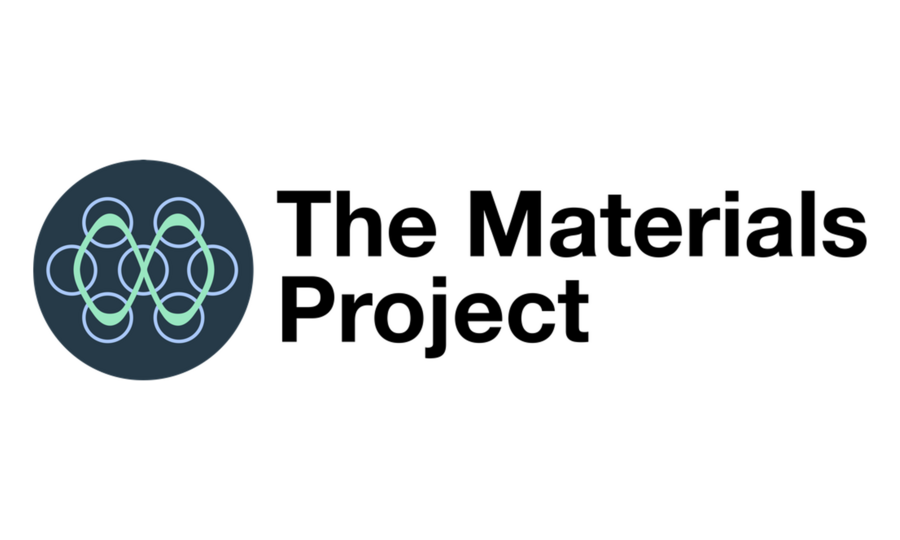
Click here for more
Metadata Editor
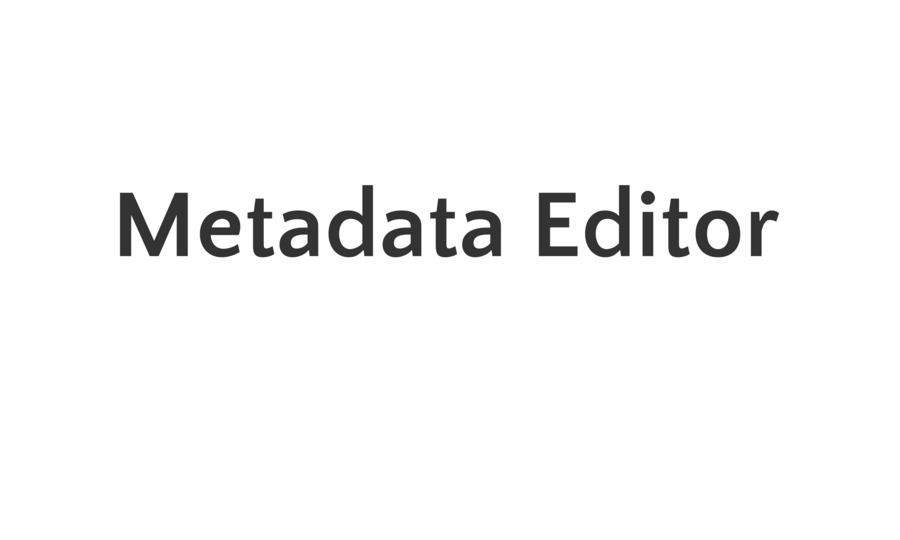
Click here for more
The Metadata Standards Catalog
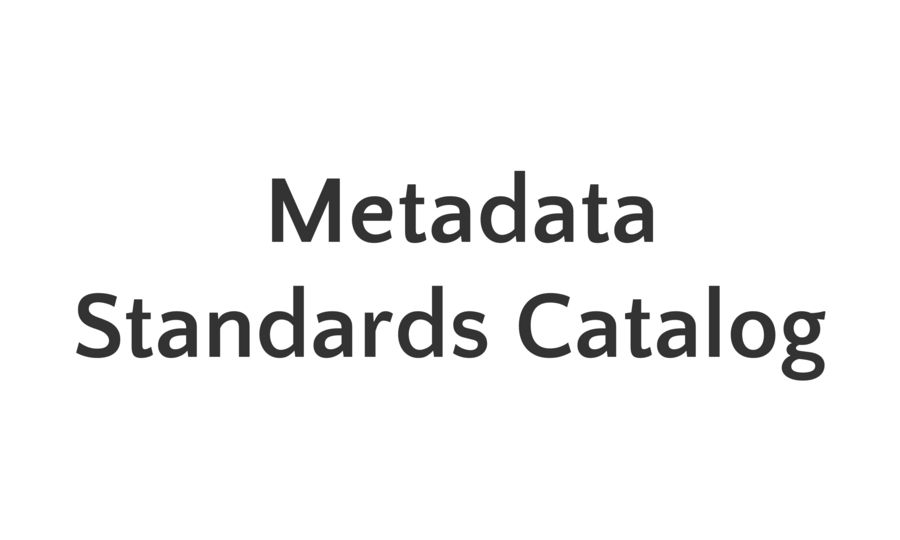
Click here for more
- Description: The Metadata Standards Catalog is an information platform for users looking for metadata standards and tools.
- Adapted by NFDI-MatWerk: Karlsruhe Institute of Technology
NOMAD
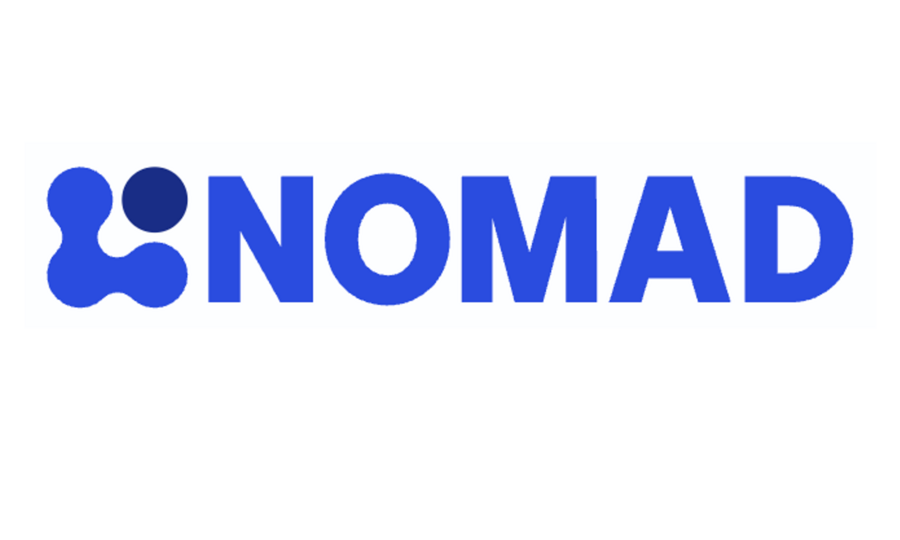
Click here for more
- Description: NOMAD (Novel-Materials-Discovery) is an open-source, web-based research data management platform focused on materials science. It enables users to store, manage, search, and share data generated in computational and experimental materials research. The platform includes support for parsing data, metadata standardization, and web-based interfaces, including APIs and Jupyter notebook integration, and is developed under FAIRmat for realizing FAIR data principles across the materials science community
- Installation: not necessary, it's online
- Used by NFDI-MatWerk: More information coming soon
NOMAD Oasis
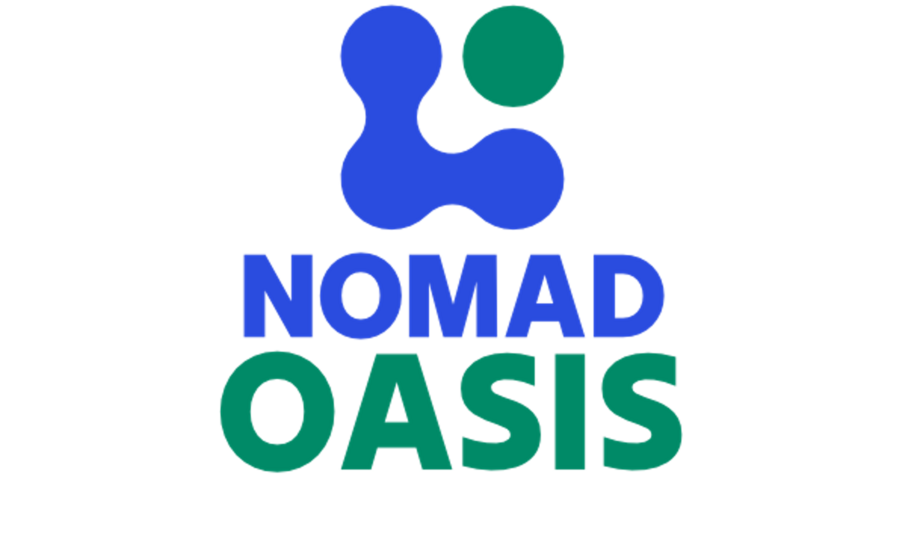
Click here for more
- Description: NOMAD Oasis is an on-premises, independently hosted version of the same NOMAD software. It allows research groups or institutions to deploy a local instance using their own compute and storage resources—typically via Docker or Kubernetes. Oasis provides comparable features to the public NOMAD service, while offering full control of data privacy, user management, schema customization, and integration with existing tools or plugins
- Installation: Link
- Starting with NOMAD Oasis: Tutorials
- Used by NFDI-MatWerk: More information coming soon
openBIS
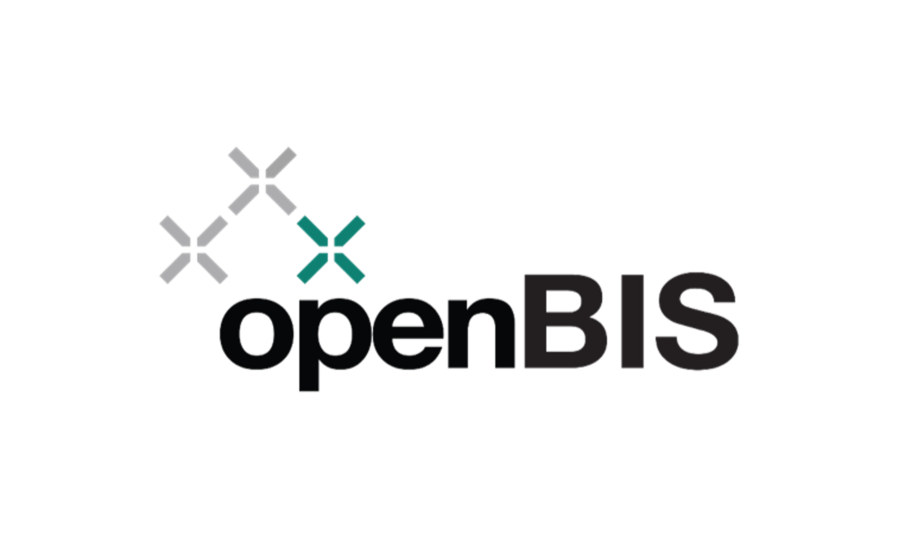
Click here for more
- Description: openBIS is an open-source data management platform designed for researchers to organize, store, and share scientific data. It supports the entire research lifecycle by linking experimental data with metadata, ensuring traceability and reproducibility.
- Installation: not needed, it's online
- Starting with openBIS: Documentation for users, Video
- Adapted by NFDI-MatWerk
OpenPhase
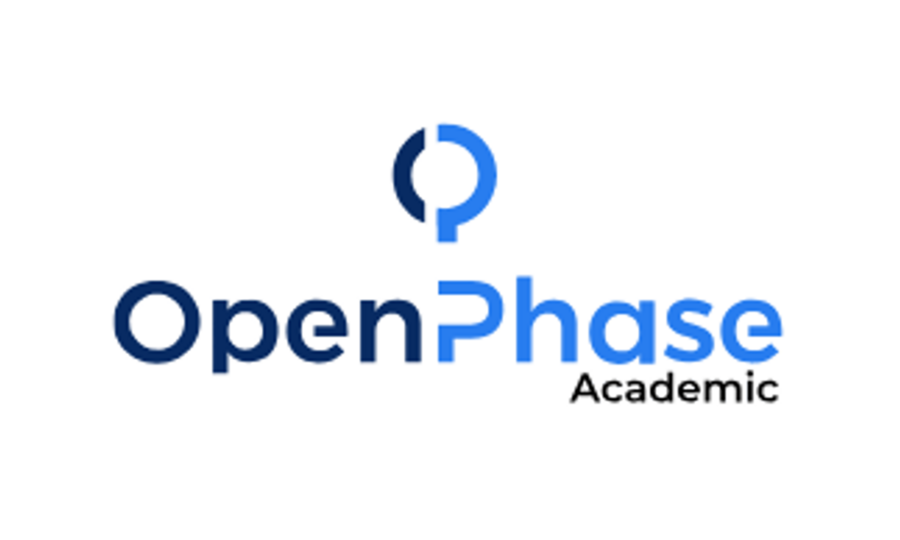
Click here for more
- Description: OpenPhase is an open-source software for simulating microstructure evolution using phase-field modeling. It is designed for studying complex material phenomena such as phase transformations, grain growth, and solidification processes.
- Installation: Download
- Adapted by NFDI-MatWerk
Owlready2
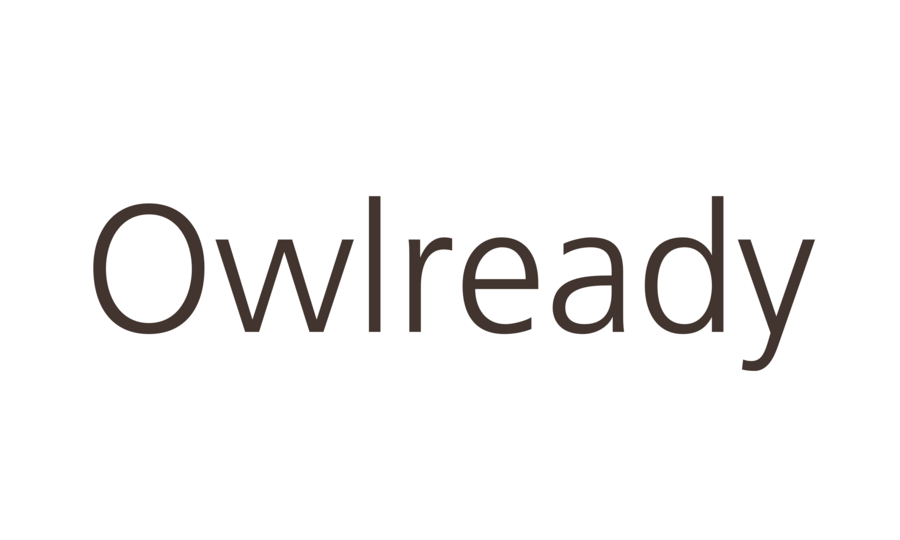
Click here for more
- Description: Owlready2 is a Python library designed for ontology-oriented programming, enabling users to load, modify, and save OWL 2.0 ontologies as Python objects. It supports reasoning through the integrated HermiT reasoner and includes an optimized RDF quadstore for efficient ontology management.
- Installation: Download
- Used by NFDI-MatWerk: more information coming soon
paraprobe-toolbox
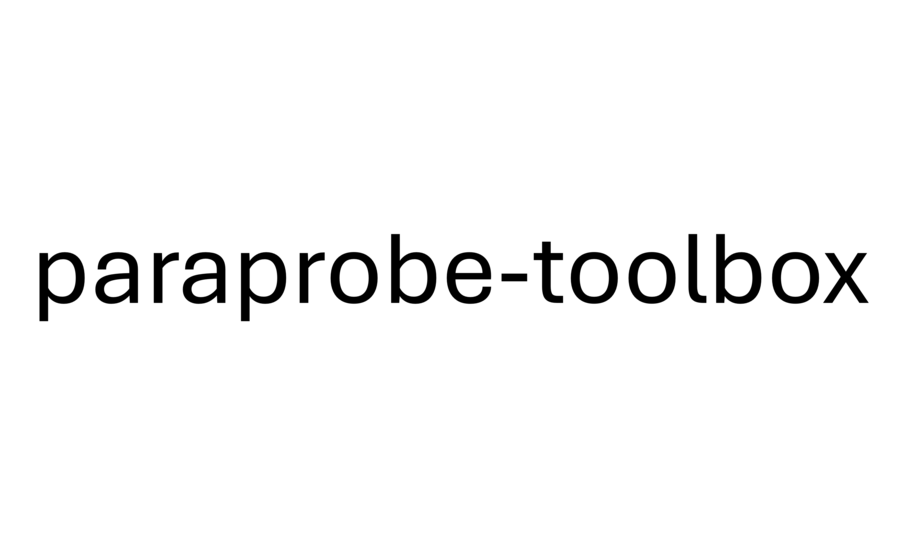
Click here for more
- Description: The paraprobe-toolbox is a collection of open-source tools for efficient analyses of point cloud data where each point can
represent atoms or molecular ions. For applications within the research field of Atom Probe Tomography (APT) and related Field Ion Microscopy (FIM) the toolbox provides functionalities for handling points as objects with properties and enables analyses of the spatial arrangement of and intersections between three-dimensional objects. - Documentation: Link
- GitLab Repository: Link
- Used by NFDI-MatWerk: See IUC09 demonstrator
pid-component
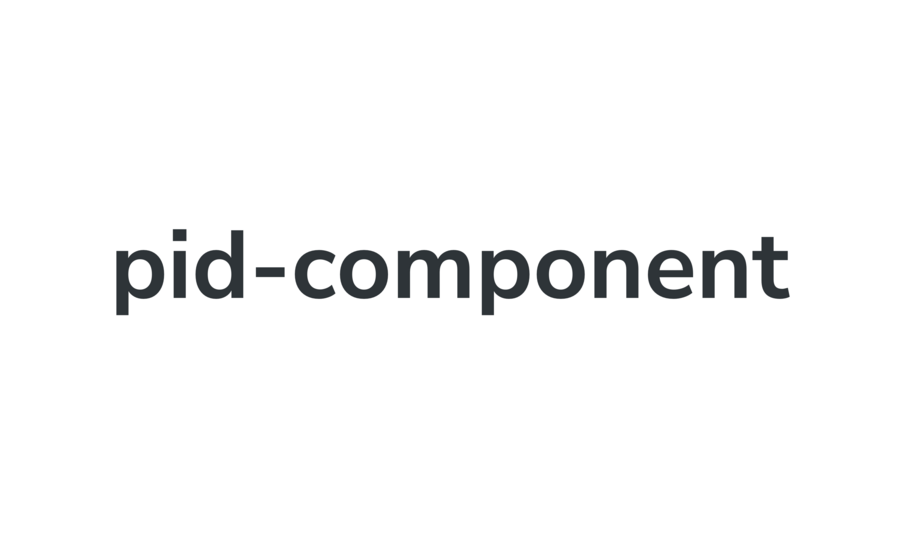
Click here for more
- Description: The pid-component is a reusable and highly extensible web component for framework-agnostic visualization of a variety of inputs, including PIDs, Data Types, ORCiDs, and others.
For users, the pid-component provides a clean, uniform, and minimalistic interface for consuming FAIR-DOs, while developers can easily integrate it into their platforms with minimal effort. - Github Repository: Link
- Adapted by NFDI-MatWerk: Karlsruhe Institute of Technology
PID Services (Handle)

Click here for more
- Description: The website resolves Persistent Identifiers to provide stable, long-term access to digital resources.
- Adapted by NFDI-MatWerk
Quantum ESPRESSO
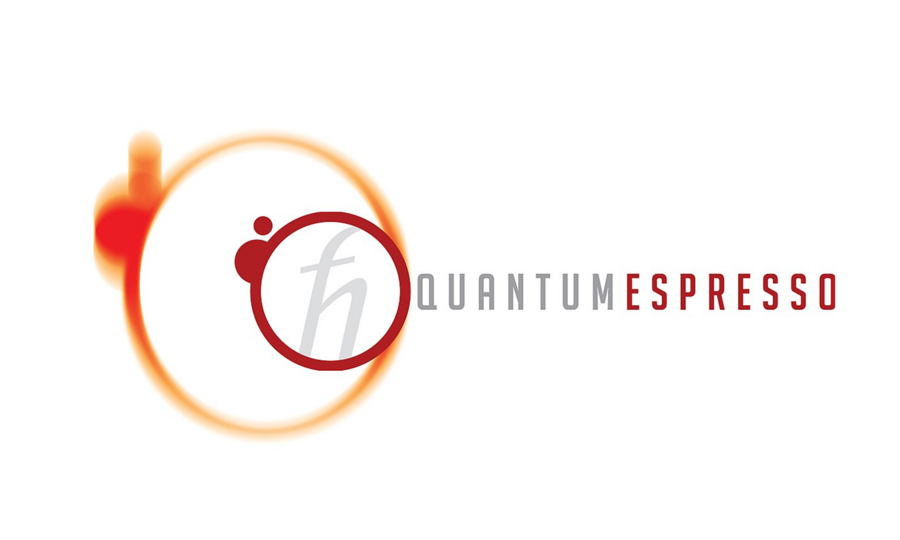
Click here for more
- Description: Quantum ESPRESSO is an open-source software suite for electronic-structure calculations and materials modeling at the atomic scale. It is based on density functional theory (DFT) and uses plane-wave basis sets and pseudopotentials.
- Installation: Registration needed for download
- Starting with Quantum Espresso: Manual
- Used by NFDI-MatWerk: more information coming soon
RADAR4KIT
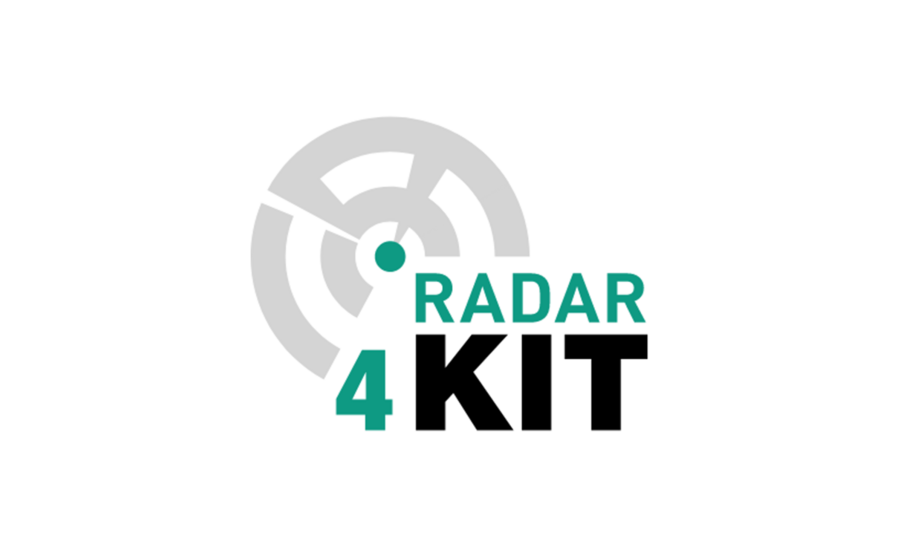
Click here for more
- Description: Research data repository of the Karlsruhe Institute of Technology (KIT), enabling researchers to archive, share, and publish their data securely. Published datasets are assigned DOIs, ensuring international visibility, citability, and long-term storage within KIT's infrastructure.
- Adapted by NFDI-MatWerk
The RO-Crate-Java library
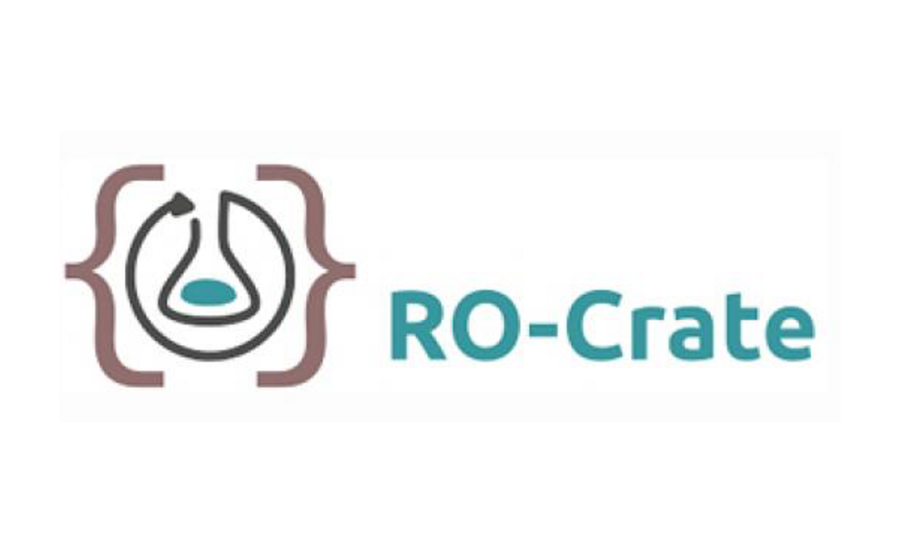
Click here for more
- Description: Research-Object-Crate is a flexible research data package format. It allows you to package or link to data and describe it in a machine-readable and human-readable way. It uses Linked Data (JSON-LD) to describe its content.
- Starting with RO-Crate-Java: Examples
- Github Repository: Link
- Adapted by NFDI-MatWerk: Karlsruhe Institute of Technology
SCORE
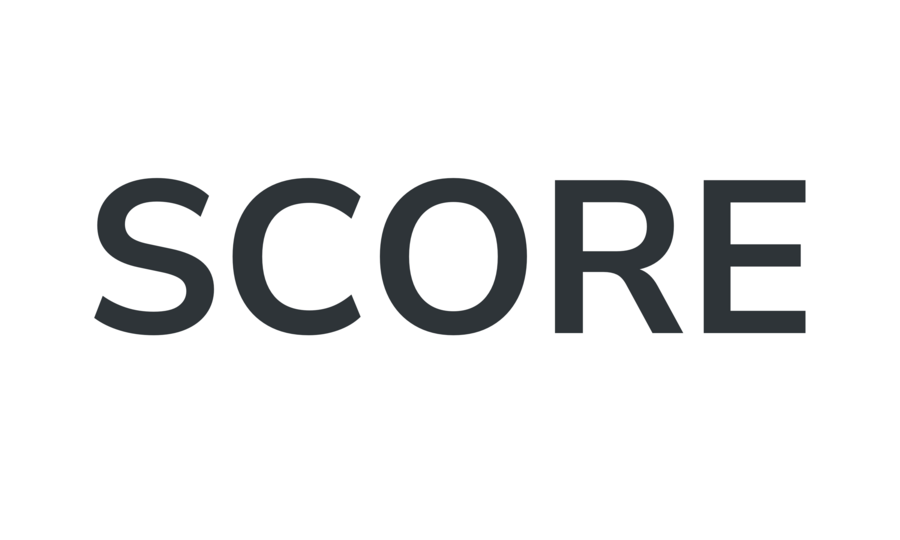
Click here for more
- Description: SCORE is an open-source Python-based software for reconstructing and analyzing 3D microstructures from serial sectioning data. It supports material scientists in processing, visualizing, and quantifying microstructural features with advanced tools and workflows.
- GitHub repository: Link
- Adapted by NFDI-MatWerk
SKOSMOS Terminology Service
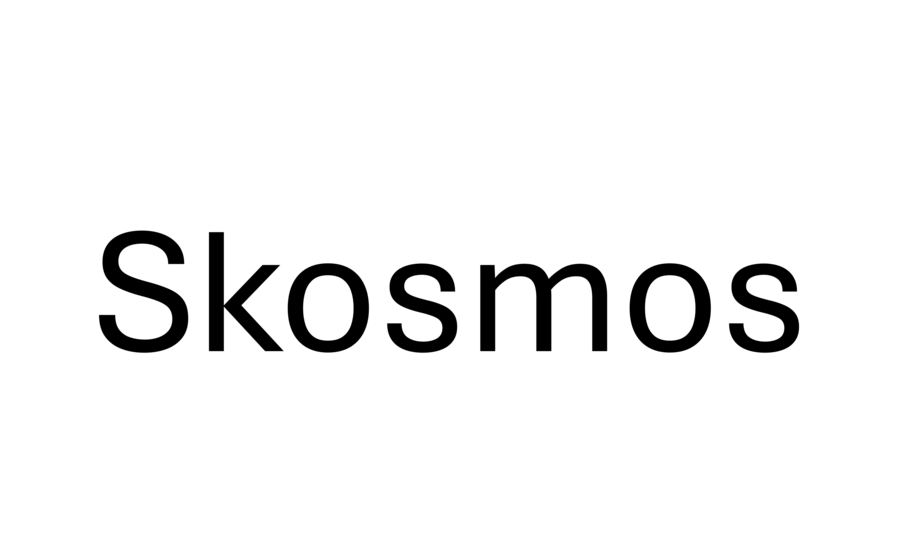
Click here for more
- Description: Service to publish vocabularies. Currently available is the MatWerk Acronyms Vocabulary. Other vocabularies are in development and will follow in the future.
- Adapted by NFDI-MatWerk: Karlsruhe Institute of Technology
- Tags: #Metadata #Terminology
SPARQL Query Editor
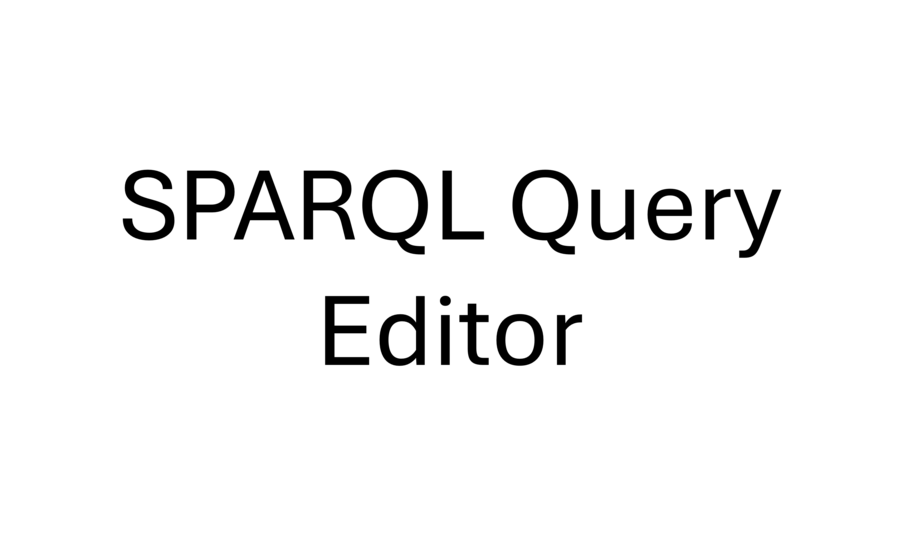
Click here for more
more information coming soon
Turntable API for Metadata Repositories
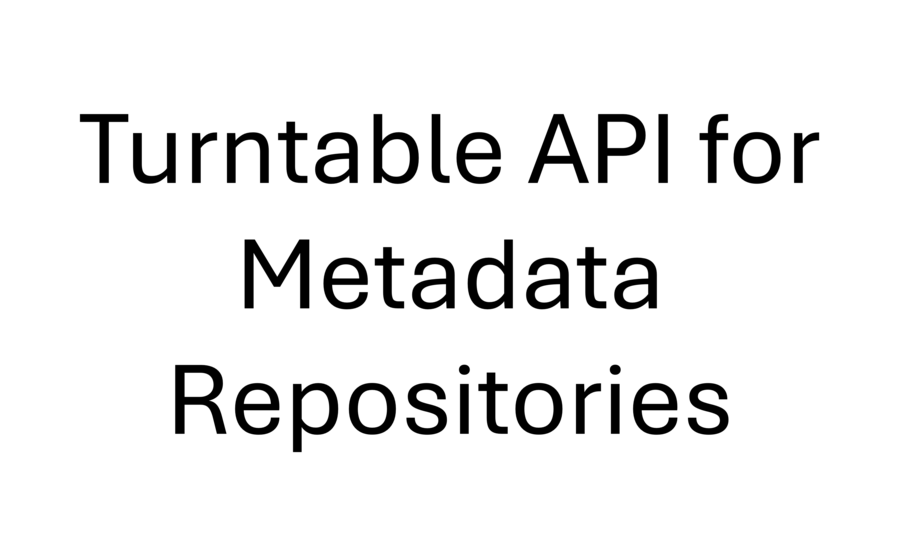
Click here for more
- Adapted by NFDI-MatWerk
more information coming soon
The Web Annotation Protocol Server
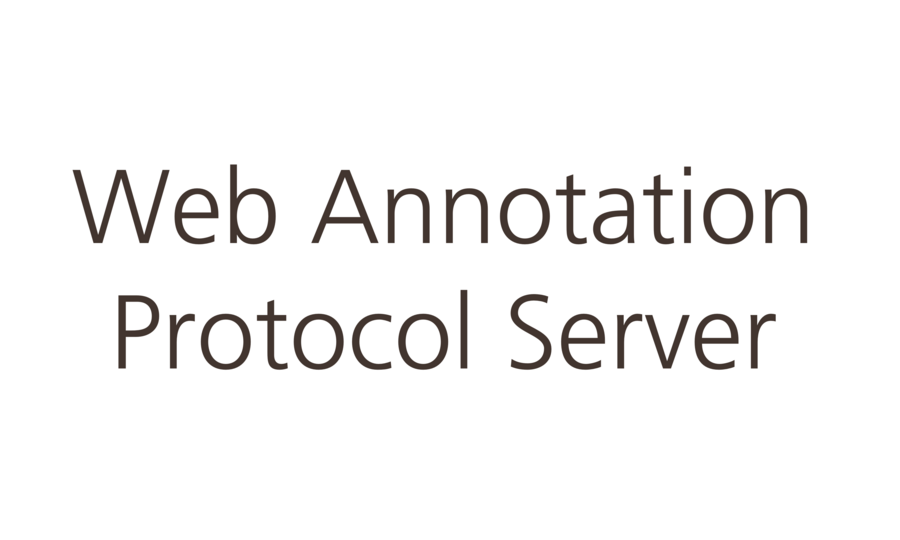
Click here for more
Zenodo
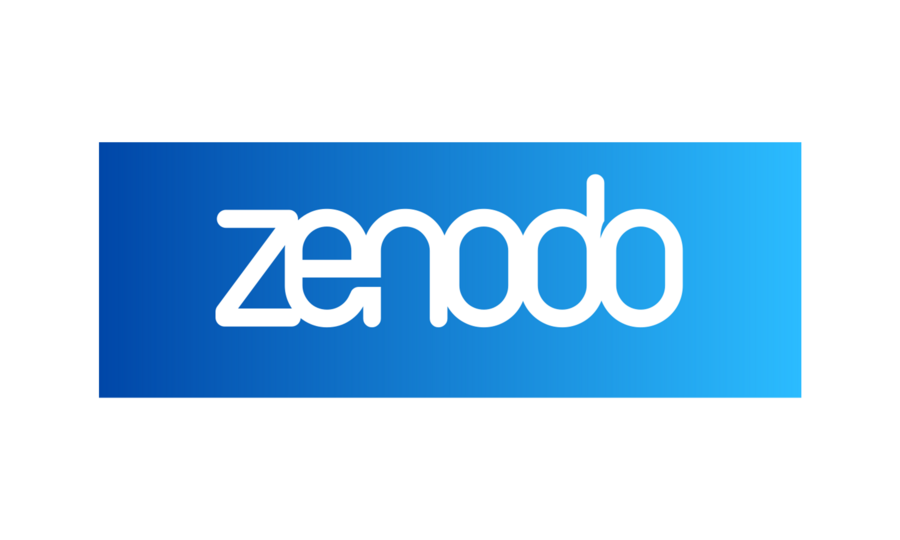
Click here for more
- Description: Open-access repository for research outputs, enabling researchers to share, publish, and preserve data, software, and publications. It provides DOIs for all uploaded content, ensuring visibility, citability, and long-term accessibility.
- MatWerk-Community: Link
- Adapted by NFDI-MatWerk: RWTH Aachen University, Technical University of Darmstadt
Origin of Development
Developed by NFDI-MatWerk: The solution/tool, resource, or framework was fully developed within the NFDI-MatWerk consortium. It was developed based on research conducted in the field of Materials Science and Engineering. The developing institutions within NFDI-MatWerk are listed next to the item.
Examples: MSE-Knowledge Graph, PASTA.
Co-Developed by NFDI-MatWerk: The solution/tool, resource, or framework was developed in cooperation with external partners or institutions together with the NFDI-MatWerk consortium. The development is/was a collaborative effort in which multiple stakeholders contributed their expertise and resources to improve the final product. The other stakeholders are listed next to the item.
Adapted by NFDI-MatWerk: NFDI-MatWerk has integrated an existing solution/tool, resource, or framework into its ecosystem of solution/tools, resources or frameworks. Work has been performed to make them specific to the needs of NFDI-MatWerk and providing it to the MatWerk Community. Adaption may include using it for development purposes within NFDI-MatWerk, promoting it to the community, or providing support for its use. The source is explicitly stated next to the item.
Examples for Clarification: Schemas, specific installation for openBIS, *MSE-specific* support and teaching materials originally coming from another source.
Used in NFDI-MatWerk: NFDI-MatWerk employs an existing solution/tool, resource, or framework without making any modifications or customizations. This usage may involve integrating it into NFDI-MatWerk’s workflows and recommending it to the community. The original (project) source is explicitly acknowledged next to the item.
Example: Zenodo.
- Listed by NFDI-MatWerk: The solution/tool, resource or framework has been developed entirely outside the NFDI-MatWerk ecosystem. While NFDI-MatWerk does not use them for its ecosystem or contribute any modifications or customisations, these external resources are included in the resource overview for the MatWerk Community. The external source is explicitly acknowledged next to the item.
NFDI-MatWerk
Funded by the Deutsche Forschungsgemeinschaft (DFG, German Research Foundation) under the National Research Data Infrastructure – NFDI 38/1 – project number 460247524.
NFDI-MatWerk
Funded by the Deutsche Forschungsgemeinschaft (DFG, German Research Foundation) under the National Research Data Infrastructure – NFDI 38/1 – project number 460247524.
Sign up for our newsletter
Subscribe to our newsletter for regular updates about materials science topics!
After subscribing, you will receive an email from us with a confirmation
link.
Only after clicking this link your registration is completed.

